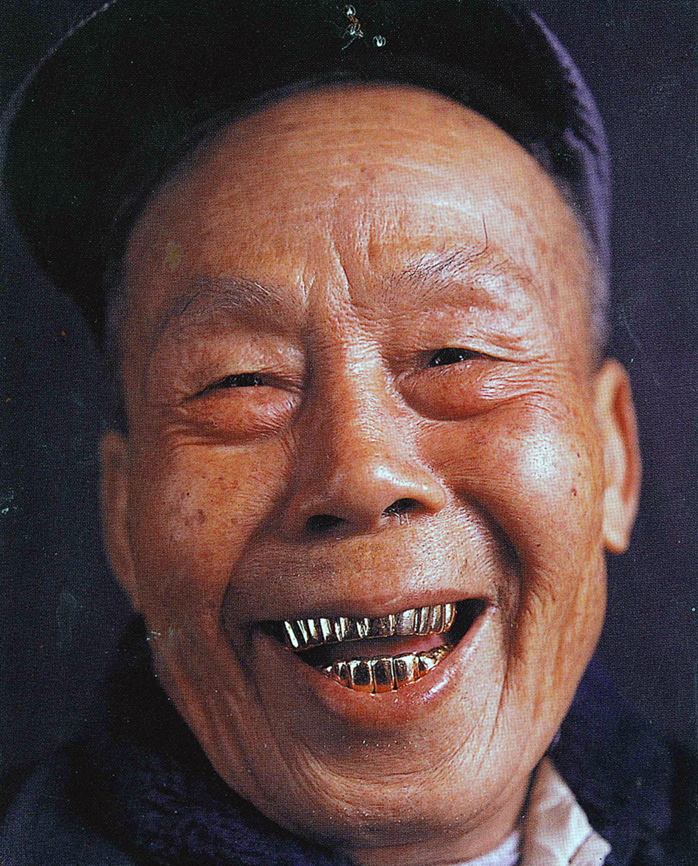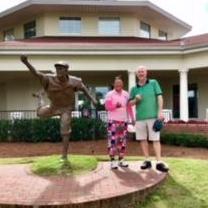IGNORED
Failure To Include an Unknown Penalty
Note: This thread is 1856 days old. We appreciate that you found this thread instead of starting a new one, but if you plan to post here please make sure it's still relevant. If not, please start a new topic. Thank you!
Unknown Penalties
74 members have voted
-
1. Read the first post, and answer this: Do you support the lack of any additional penalty strokes for penalties "unknown" to players, despite their responsibility to know, follow, and apply the Rules of Golf?
-
Yes, the USGA/R&A are right to reward ignorance and dishonesty.11
-
No, players are responsible for knowing the Rules of Golf, and are now being incentivized to be ignorant and/or dishonest.63
-
-
Topics Being Discussed Right Now on The Sand Trap
-
"5 Minutes Daily" Practice Challenge 1 2 3 4 839
By iacas, in Instruction and Playing Tips
- 5 minutes daily
- dedication
- (and 6 more)
- 15,086 replies
- 909,001 views
-
- 216 replies
- 20,914 views
-
- 6,588 replies
- 253,948 views
-
- 2 replies
- 185 views
-
- 21 replies
- 9,005 views
-







Recommended Posts
Create an account or sign in to comment
You need to be a member in order to leave a comment
Create an account
Sign up for a new account in our community. It's easy!
Register a new accountSign in
Already have an account? Sign in here.
Sign In Now